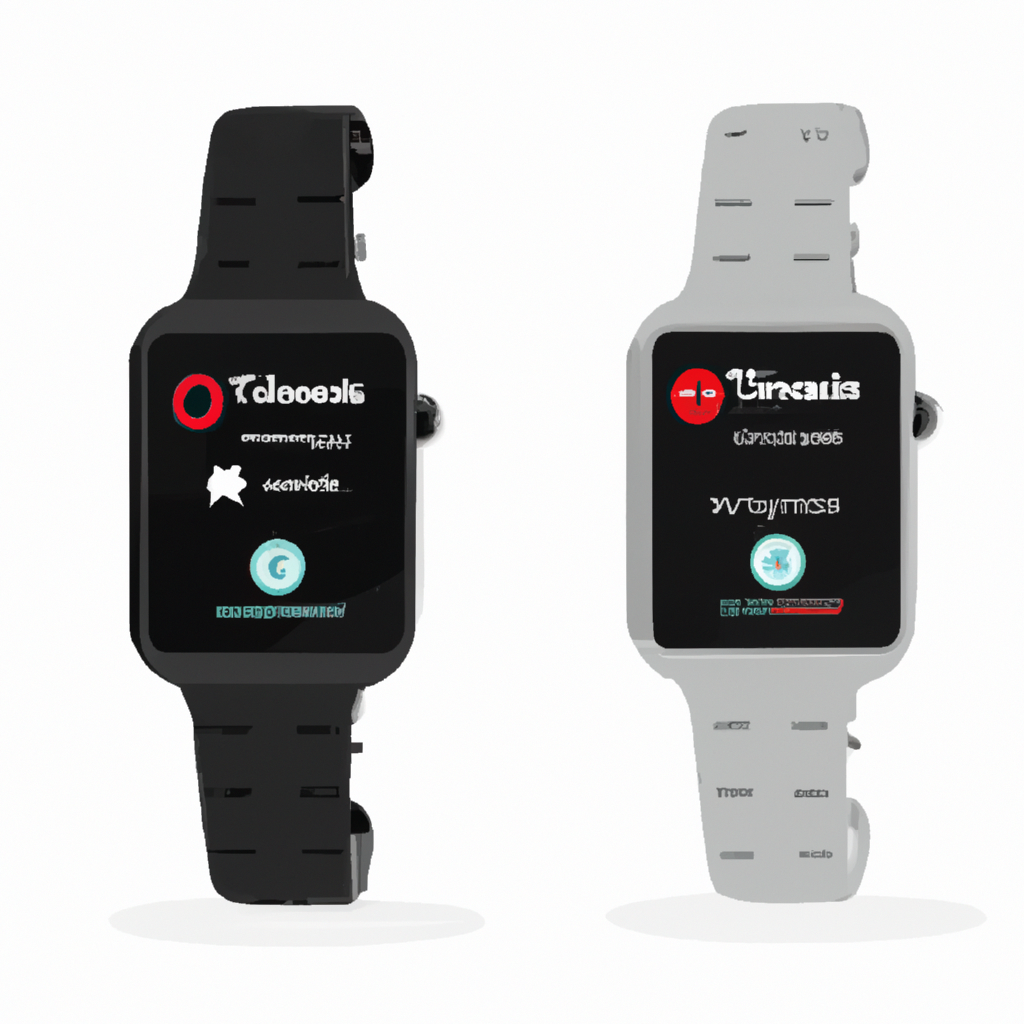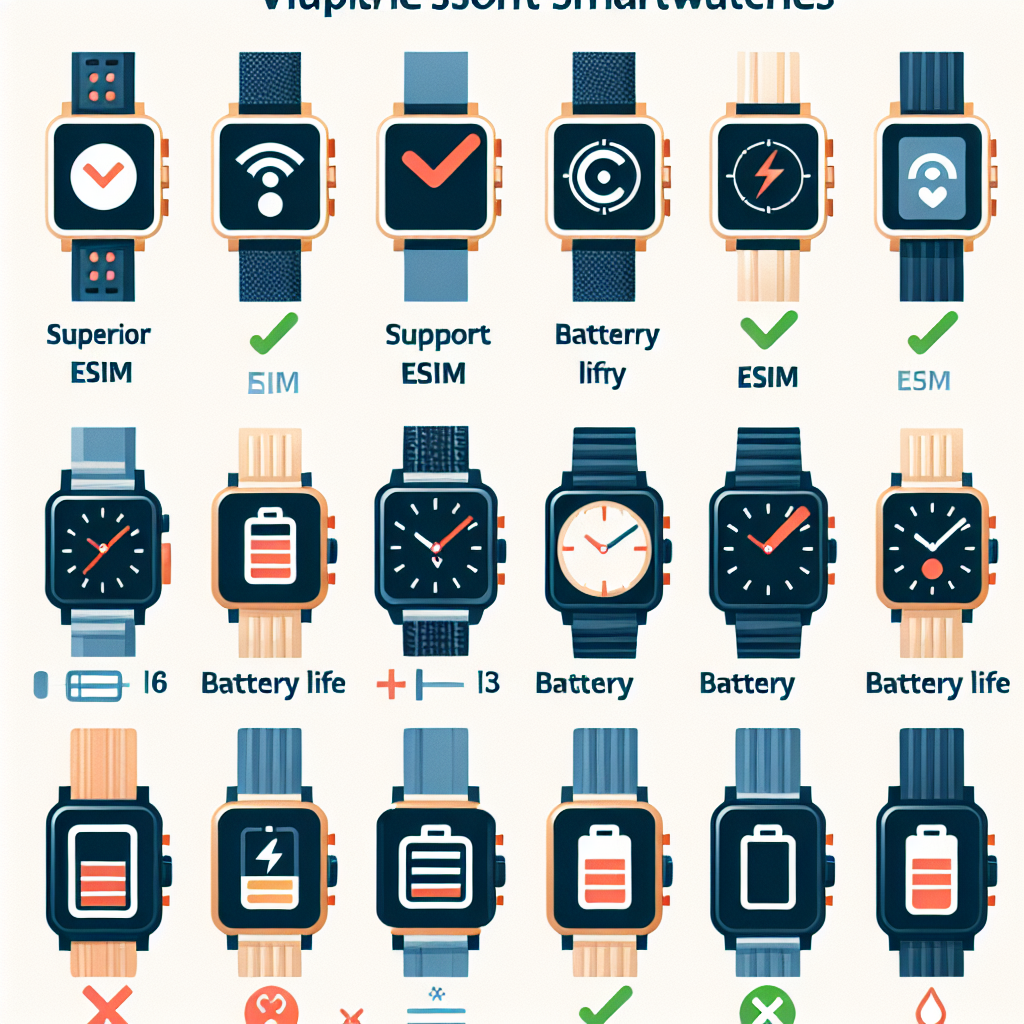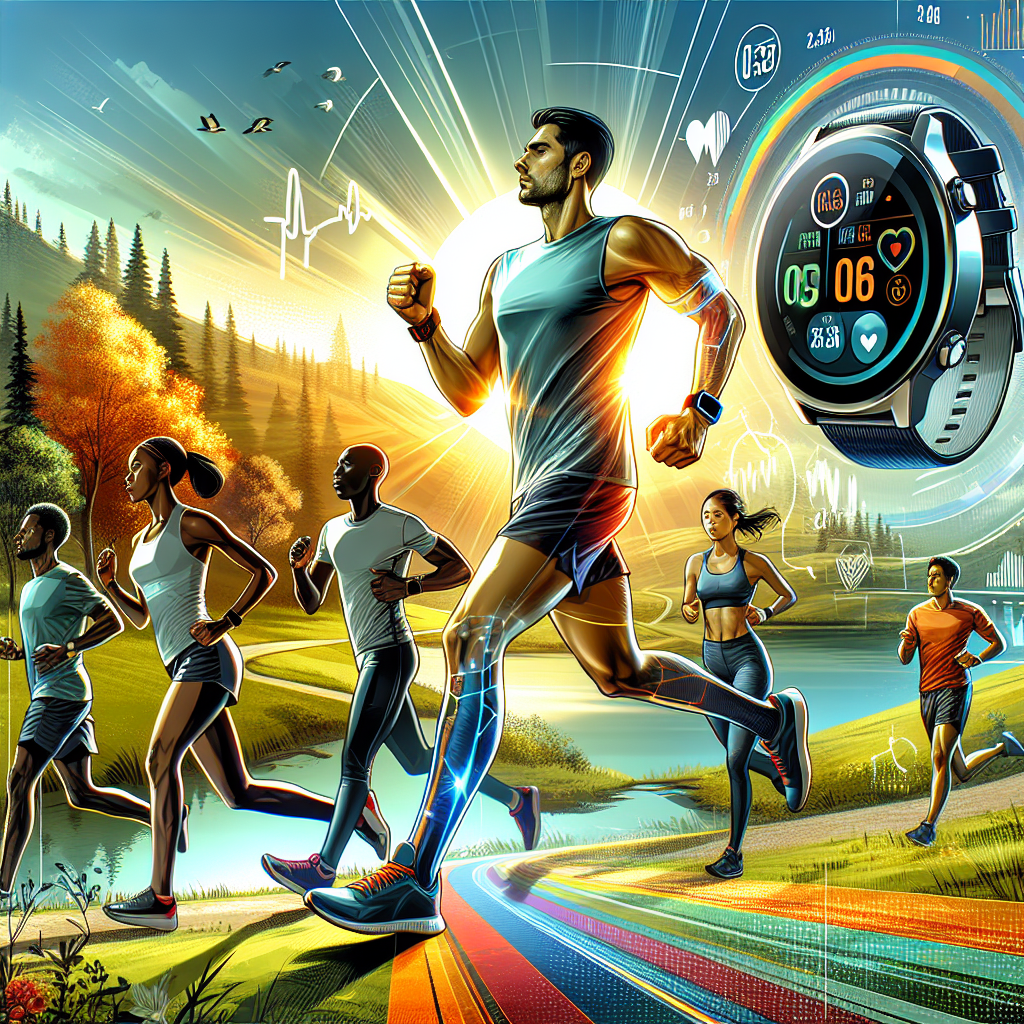Fitness Tracker vs Smartwatch: An In-Depth Comparison for 2024
Wearable technology has become a staple for those seeking to monitor their health, stay connected, or simply make life more convenient. Two of the most popular categories in this space are fitness trackers and smartwatches. While they may look similar on your wrist, their functions, features, and ideal users are often quite different. In this comprehensive guide, we’ll compare fitness trackers vs smartwatches, explore their pros and cons, and help you determine which wearable device best fits your lifestyle and goals.
Understanding the Basics: What Are Fitness Trackers and Smartwatches?
What Is a Fitness Tracker?
A fitness tracker is a wearable device designed primarily to monitor your physical activity, health metrics, and exercise routines. Common features include step counting, calorie tracking, heart rate monitoring, and sleep analysis. They’re typically lightweight, have long battery life, and focus on fitness and health-related functions rather than smart connectivity.
What Is a Smartwatch?
A smartwatch offers a broader range of features, combining fitness tracking with smartphone notifications, apps, music control, GPS, and even contactless payments. These devices serve as an extension of your smartphone, providing both health tracking and smart features in a stylish package.
Key Differences Between Fitness Trackers and Smartwatches
| Feature | Fitness Tracker | Smartwatch |
|---|---|---|
| Primary Purpose | Activity and health tracking | Fitness tracking + smart features |
| Notifications | Basic or none | Extensive: calls, texts, apps |
| Battery Life | Up to 2 weeks | 1-3 days |
| Display | Simple, monochrome or color | Full-color touchscreen |
| Apps & Customization | Limited | Extensive |
| Price Range | Affordable | Mid to high-end |
LSI Keywords and Related Terms Explained
When researching the topic fitness tracker vs smartwatch, you may encounter several related or LSI (Latent Semantic Indexing) keywords. These include: wearable fitness device, activity tracker, health monitoring, smartwatch features, step counter, sleep tracking, heart rate sensor, GPS smartwatch, fitness band, workout tracking, mobile notifications, battery life, water resistance, compatibility, smart features, and lifestyle tracking. Understanding these terms can help you better navigate product specifications and marketing materials.
Advantages and Disadvantages: Fitness Trackers
Pros
- Lightweight and comfortable for all-day wear
- Long battery life—often lasting a week or more
- Affordable and budget-friendly options
- Excellent for basic health metrics and workout tracking
- Often more durable and water-resistant
Cons
- Limited smart features (few or no notifications)
- Basic display and design
- Less customization and fewer apps
- Not ideal for people wanting deep smartphone integration
Advantages and Disadvantages: Smartwatches
Pros
- All-in-one device: combines health tracking with smart notifications
- Customizable with downloadable apps and watch faces
- GPS, music playback, and contactless payment options
- Can often take calls or reply to messages from the wrist
- High-end designs suitable for work and social settings
Cons
- Shorter battery life due to powerful features
- Typically more expensive
- Can be bulky compared to fitness bands
- May require frequent software updates
Which One Should You Choose?
The decision between a fitness tracker and a smartwatch ultimately comes down to your personal needs, lifestyle, and budget. Here are some considerations:
- If you’re focused on health and activity tracking: Choose a fitness tracker. It’s ideal for straightforward step counting, sleep analysis, heart rate monitoring, and goal setting.
- If you want a blend of fitness and connectivity: Opt for a smartwatch. It’s perfect for those who want to receive notifications, run apps, pay on the go, and enjoy advanced customization.
- If battery life and simplicity matter most: Fitness trackers usually last longer and are easier to use.
- If style and smart features are priorities: Smartwatches offer more design options and can function as a true smartphone companion.
Popular Models in 2024
Top Fitness Trackers
- Fitbit Charge Series
- Xiaomi Mi Band Series
- Garmin Vivosmart
- Huawei Band
Top Smartwatches
- Apple Watch Series
- Samsung Galaxy Watch
- Garmin Forerunner & Venu
- Fossil Gen 6
Fitness Tracker vs Smartwatch: Frequently Asked Questions
- Can a fitness tracker replace a smartwatch?
- If you only need basic health and activity tracking, a fitness tracker can suffice. However, it won’t offer the deep connectivity and app ecosystem of a smartwatch.
- Do smartwatches track fitness as well as dedicated fitness bands?
- Most modern smartwatches offer comprehensive fitness and health tracking, but dedicated trackers may have better battery life and simpler interfaces.
- Which is better for sleep monitoring?
- Fitness trackers are typically more comfortable to wear overnight and provide detailed sleep analysis.
- What about water resistance?
- Both categories offer water-resistant models, but always check the specific rating before swimming or showering with your device.
Conclusion: Choosing Your Ideal Wearable
Whether you pick a fitness tracker or a smartwatch, you’re taking a positive step toward a healthier, more connected lifestyle. Consider what matters most for your daily routine: is it streamlined health tracking and long battery life, or do you crave the latest smart features and seamless connectivity? By weighing the key differences, pros, and cons, you’ll find a wearable device that motivates, informs, and fits your unique needs.



